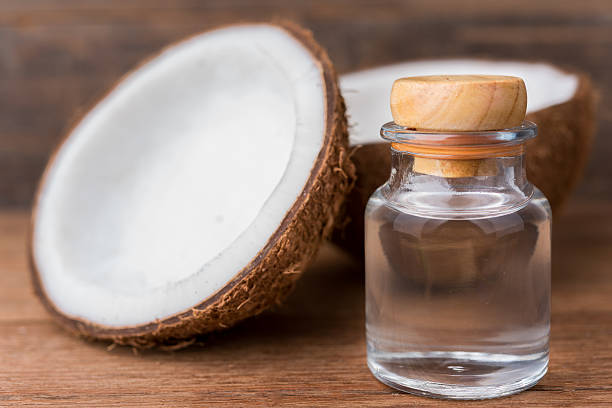Co Q 10: Supplement if on statins.

Coenzyme Q 10
Coenzyme Q10 (CoQ10) is an antioxidant that your body produces naturally. Your cells use CoQ10 for growth and maintenance. Levels of CoQ10 in your body decrease as you age. CoQ10 levels have also been found to be lower in people with certain conditions, such as heart disease, and in those who take cholesterol-lowering drugs called statins. You may be surprised to learn that both cholesterol and CoQ10 are made via the same pathway in your body. And where statins work along this pathway, it has downstream effects, resulting in less cholesterol and less CoQ10 being made.
CoQ10 is found in meat, fish and nuts. The amount of CoQ10 found in these dietary sources, however, isn’t enough to significantly increase CoQ10 levels in your body. CoQ10 dietary supplements are available as capsules, chewable tablets, liquid syrups, wafers and by IV. CoQ10 might help prevent or treat certain heart conditions, as well as migraine headaches.
Evidence
Research on CoQ10 use for specific conditions and activities shows:
- Heart conditions. CoQ10 has been shown to improve symptoms of congestive heart failure. Although findings are mixed, CoQ10 might help reduce blood pressure. Some research also suggests that when combined with other nutrients, CoQ10 might aid recovery in people who’ve had bypass and heart valve surgeries.
- Diabetes. Although more studies are needed, some research suggests that CoQ10 may help reduce low-density lipoprotein (LDL) cholesterol and total cholesterol levels in people with diabetes, lowering their risk of heart disease.
- Histamine: Research has revealed that supplemental coenzyme Q 10 has the ability to counter histamine and is therefore beneficial for people with allergies , asthma and respiratory disease.
- Chemotherapy: Some doctors give patients Co Q 10 to reduce the ill effects of cancer chemotherapy.
- Statin-induced myopathy. Some research suggests that CoQ10 might help ease the muscle weakness and pain sometimes associated with taking statins.
- Migraines. Some research suggests that CoQ10 might decrease the frequency of these headaches.
- Physical performance. Because CoQ10 is involved in energy production, it’s believed that this supplement might improve your physical performance. However, research in this area has produced mixed results.
Considerations
The safety of use of CoQ10 during pregnancy and breast-feeding hasn’t been established. Don’t use CoQ10 if you’re pregnant or breast-feeding without your doctor’s approval.
Possible interactions include: Anticoagulants. CoQ10 might interfere with the action of drugs like warfarin and heparin.




